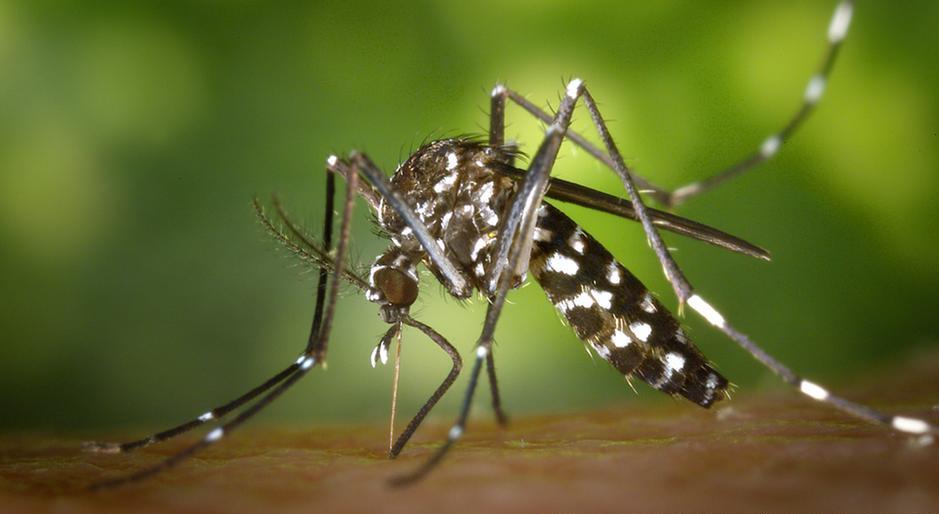Malaria has lost the battle at last as the world now has a vaccine against it. This followed the endorsement of Mosquirix by the World Health Organisation, (WHO) Wednesday of the drug which has gone on trial in three African countries – Ghana, Malawi and Kenya. Malaria is generally regarded as the deadliest in the African continent and it has killed more people than any other health threat, especially children. The starting point is children but there is no likelihood of a reversal.
 The WHO is not losing sight of the African stamp on the breakthrough by GlaxoSmithKline, (GSK) the transnational pharmaceutical company. Reuters news agency quotes WHO chief, Tedros Adhanom Ghebreyesus as saying “This is a vaccine developed in Africa by African scientists and we’re very proud”. The breakthrough itself follows a decade of trials in seven African countries.
The WHO is not losing sight of the African stamp on the breakthrough by GlaxoSmithKline, (GSK) the transnational pharmaceutical company. Reuters news agency quotes WHO chief, Tedros Adhanom Ghebreyesus as saying “This is a vaccine developed in Africa by African scientists and we’re very proud”. The breakthrough itself follows a decade of trials in seven African countries.
Mosquirix is not the only one on turning the table against malaria. There is also a vaccine which scientists at Oxford University in the UK have developed but, according to Reuters, R21/Matrix-M – the name of the vaccine, “showed up to 77% efficacy in a year-long study involving 450 children in Burkina Faso”. It remains at the trial stages, leaving Glaxo SmithKline the pioneer for now.
Understandably, the pharmaceutical giant is happy, with Thomas Breuer, its Chief Global Health Officer saying that WHO’s decision is what Africa needs.
 As usual, the big question is financing the vaccine, especially for the category of countries marked by extreme poverty. The expectation is that donors and the global civil society would be able to conscientise and set international development agenda to mobilise the resources production and distribution of the new drug to Africa, the zone of endemic infection. How quickly that will happen is anybody’s guess at a time the key players in that space are also the key players in containing Covid-19.
As usual, the big question is financing the vaccine, especially for the category of countries marked by extreme poverty. The expectation is that donors and the global civil society would be able to conscientise and set international development agenda to mobilise the resources production and distribution of the new drug to Africa, the zone of endemic infection. How quickly that will happen is anybody’s guess at a time the key players in that space are also the key players in containing Covid-19.
In the meantime, Reuters says GSK has to date committed to produce 15 million doses of Mosquirix annually, in addition to the 10 million doses donated to the WHO pilot programmes, up to 2028 at a cost of production plus no more than 5% margin.
It adds that a global market study led by the WHO this year has projected demand for a malaria vaccine would be 50 to 110 million doses per year by 2030 if it is deployed in areas with moderate to high transmission of the disease.
The great news is that, at last, Africa has a date to say good bye to malaria. Unfortunately, no one knows when same thing can be said about when it can do so to diabetes, sickle cell anaemia, herpes, HIV/AIDS and the conditions which facilitate maternal and child mortality. With a malaria vaccine though, child and even maternal mortality should drop and even drastically. Who knows, a HIV vaccine could follow a Covid-19 vaccine, all being viruses.
The good news also is that something new is up for the treatment of sickle cell anaemia. Just that the new drug is still on trial and, therefore, will not spark as much interest as in the case of malaria.



























